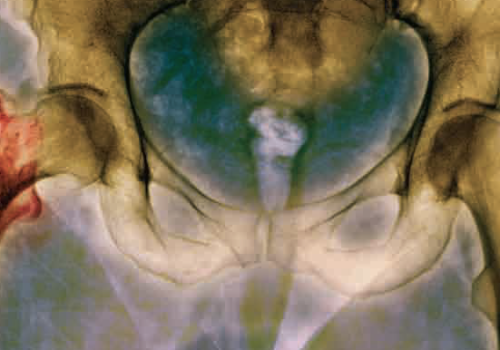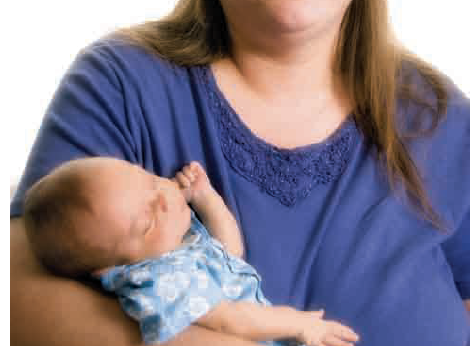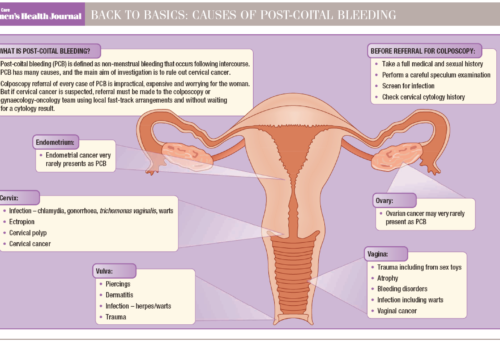The combined oral contraceptive Pill (COCP) has been in regular use since the 1960s and is now the most popular method of hormonal contraception for women in the UK. There is a COCP to suit most women but long-term adherence depends on each woman being aware of her options and having the ability to make an informed choice of Pill.
Breaking new ground in osteoporosis
Although current treatments for osteoporosis are effective, long-term adherence is often disappointing. But the management of osteoporosis is changing. New bisphosphonate formulations already offer more convenient dosing. And it is important to know about other new and emerging approaches that look set to offer a wider choice of therapy for women with post-menopausal osteoporosis.
Weighty matters: obesity, fertility and pregnancy
In the UK about half of women of reproductive age are either overweight or obese. Obesity is known to adversely affect female fertility, as well as the health of mothers and their children. But even modest weight loss can restore fertility and improve a woman’s chances of a successful pregnancy.
Back to Basics: Causes of post-coital bleeding
Facing the flush: supporting women during perimenopause
The menopause is an inevitable event in the lives of all women. For some, it is very positive, ending menstruation, the need for contraception and the threat of unwanted pregnancy. But for others, it is a time of unpredictable hormone activity, and troublesome and unpleasant symptoms that seriously compromise quality of life. This article discusses the options available to women to manage their health and well-being during the menopausal transition or perimenopause.
Urinary incontinence: careful assessment is key to successful treatment
Urinary incontinence (UI) – the complaint of any involuntary leakage of urine – is common and affects women of all ages. Most patients present in primary care, and require a thorough initial assessment to ensure that they receive appropriate treatment and, where necessary, referral.
Establishing a sexual health service for young people
Learning about sex is an essential part of growing up, but it can be difficult for teenagers to find the advice and support that they need. The authors provide a guide to setting up a primary care service tailored to young people’s sexual health needs.
Positive diagnosis of irritable bowel syndrome
Diagnostic and referral pathways are increasingly used to guide clinical practice in primary care. This article outlines a symptom-based pathway designed to provide a positive diagnosis and effective treatment for women with irritable bowel syndrome (IBS).
New best practice in primary care award
It is truly gratifying to see the interest generated by the Primary Care Women’s Health Forum and our journal, Primary Care Women’s Health Journal (PCWHJ). At the last count, the Forum has over 3,500 members. It’s all about sharing best practice, so I’m delighted to invite you to enter your projects and initiatives for our Promoting Best Practice for Women in Primary Care Award.
Looking ahead to the menopause
Editorial
First, thank you for your very positive feedback to our first issue. We have received an excellent response, and you tell us that we are giving busy GPs and nurses the need-to-know information and practical tools they need to manage their female patients.
From poison to promise: botulinum toxin and the bladder
Generally considered a cosmetic treatment for facial wrinkles, botulinum toxin (BT-A) is proving a promising treatment for bladder disorders. But what actually is botulinum toxin, how does it work, and are there any risks? This article aims to answer these questions to help primary care professionals advise women contemplating this treatment.


























